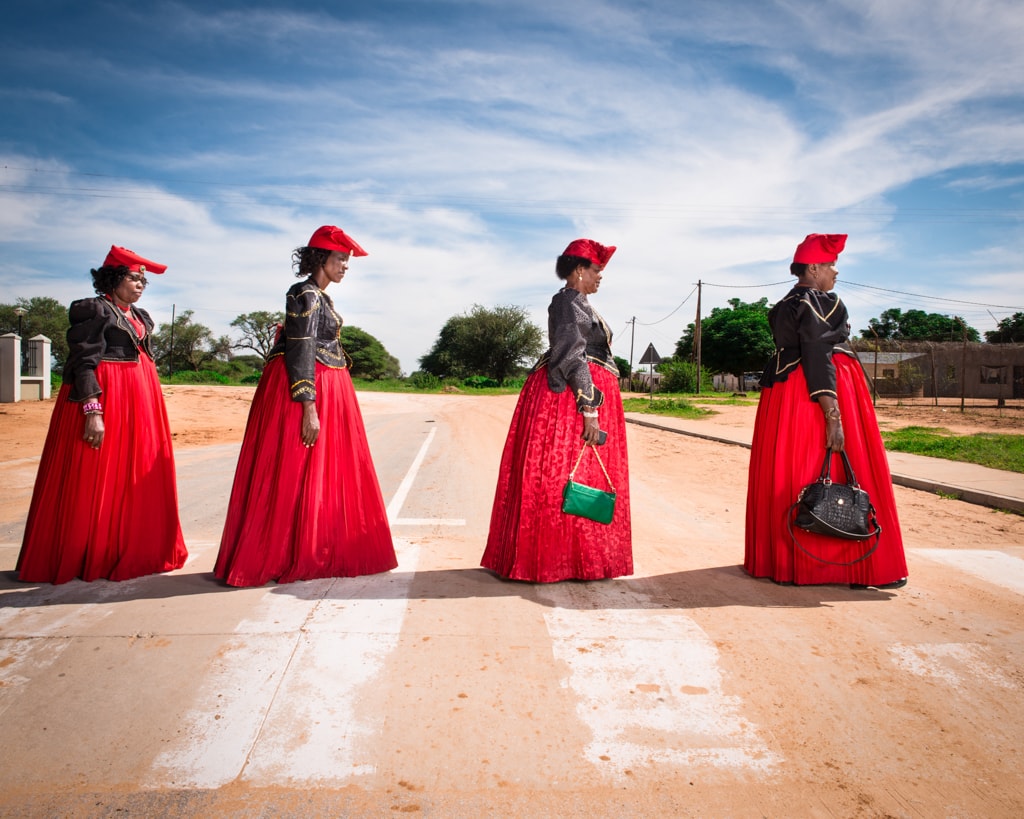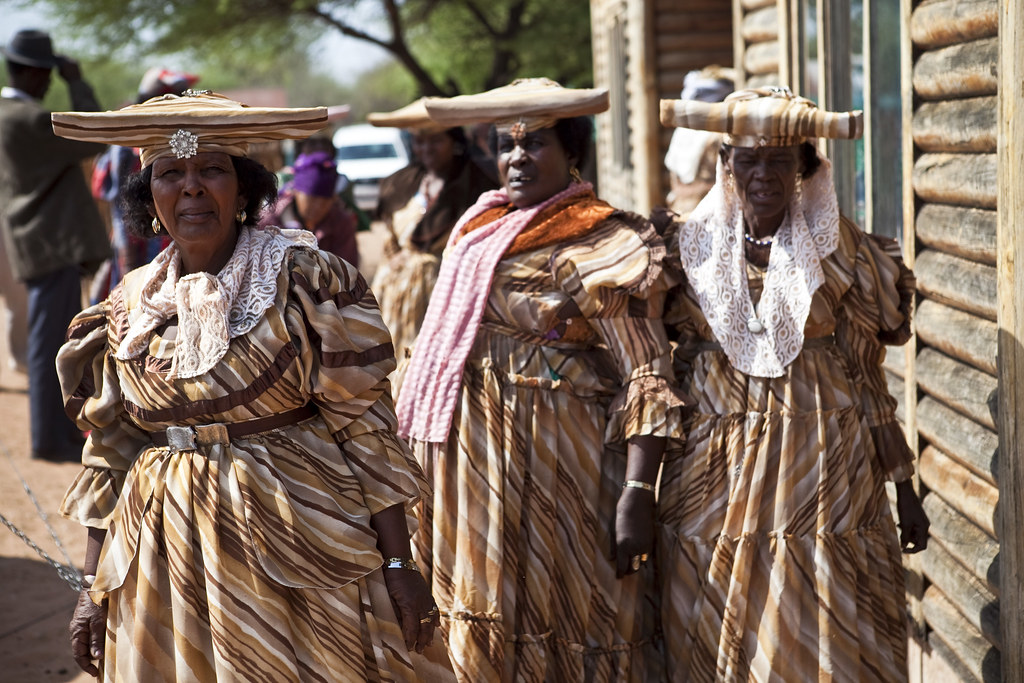The story of the Herero descendants in Namibia is a poignant chapter in the narrative of restorative justice, reconciliation, and the quest for identity.
Almost a century after the 1904-1908 genocide against the Herero and Nama by German forces, efforts are underway to acknowledge and address past injustices.
This blog discusses the return of around 100 Batswana of Herero descent to their ancestral homeland and its impact on restorative justice in Namibia.

The Historical Context of Herero Genocide
From 1904 to 1908, the Herero and Nama of German South West Africa (now Namibia) experienced one of the 20th century’s first genocides.
Around 80,000 Herero were killed through starvation, forced labor, and violence. The repercussions continue to affect their descendants, with ongoing debates about identity and reparations.
The Herero genocide profoundly scarred the community, impacting generations of displaced and marginalized descendants. Many fled to neighboring regions, including Botswana, in search of safety and opportunities. The return of almost 100 Batswana of Herero descent to Namibia marks a significant step toward healing and reparative justice.
Return of Herero Descendants to Namibia
The Namibian government has started welcoming back Herero descendants displaced in the early 1900s.
This move towards restorative justice recognizes the Herero people’s historical injustices and helps them reclaim their identity and heritage.
The return of these Batswana of Herero descent symbolizes a broader recognition of the need for reconciliation. The government’s commitment reflects an understanding of the socio-cultural importance of restoring land and rights to the affected communities. This initiative has garnered positive attention, highlighting the need for ongoing dialogue and reparative actions.
Government Support for Resettlement
To facilitate this transition, the Namibian government has allocated five commercial farms for the resettlement of returnees. These farms, once agricultural hubs, aim to support sustainable living and economic growth for returning families. It marks a critical turning point for the community, allowing them to renew ties with their ancestral land.
Currently, a temporary settlement has been established in Gam, encompassing a 20-hectare transit camp equipped with basic provisions. Returnees have access to health cards, identification documents, and school placements for their children, which is crucial for rebuilding their lives and integrating into the societal fabric of Namibia.
Challenges Ahead for the Resettled Communities
Despite these promising developments, significant challenges remain for returning communities. The psychological trauma stemming from displacement and loss cannot be overlooked. Returnees experience a range of emotions, including joy and anxiety, as they readjust to a markedly changed society since their ancestors fled.
Social and economic barriers also pose significant challenges. Allocating farms is vital, but long-term economic viability needs training in modern agriculture, market access, and family support systems. Cultural integration is another hurdle that needs collective effort and community involvement to bridge generational gaps.
Support Structures for Successful Transition
The Namibian government and NGOs are committed to offering essential services like water, electricity, and healthcare to help returnees settle safely and support their families.
Community-based organizations are stepping up to facilitate training programs and workshops, promoting skills development in agriculture, entrepreneurship, and healthcare. These efforts aim to empower returnees, helping them to adjust to their new lives and foster a spirit of unity and collaboration within the community.
The Path Forward for Restorative Justice in Namibia
The return of Batswana of Herero descent to Namibia marks a significant chapter in the nation’s journey towards restorative justice. It acknowledges historical wrongs against the Herero people and the necessary steps to heal century-old wounds.
Namibia aims to foster respect and understanding among all citizens, making support for returning communities vital. Ongoing collaboration between the government, NGOs, and local communities is essential for addressing challenges and ensuring a prosperous future for Herero descendants.
Healing from historical injustices demands collective effort, compassion, and a commitment to a just future.


